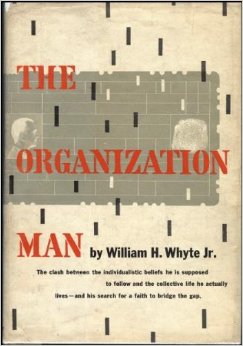Scott
Verified User
A friend of mine recommended it to me a while back. At first, I was highly skeptical- I've never been interested in a show about the work environment in the past and doubted that this one would be an exception. But I finally decided to give it a shot- in the first episode, I liked the bit of office humour. But soon enough, I began to think of how the idea of severing your personal life and your work life already happens to some extent (all these "non disclosure" agreements) and that this show was just taking things to their possible limits to make some very powerful points about what can happen when important information is known only be a select few. It's the old adage: Who watches the watchers? By the end of the first season, I was clearly hooked and I binge watched the last few episodes of the second season at some ungodly hour because I simply had to know how it ended. Anyway, here's the trailer to the first season:
View: https://www.youtube.com/watch?v=xEQP4VVuyrY&ab_channel=AppleTV
I really liked the opening sequence for the first and second seasons as well. Here's the first season's opening:
View: https://www.youtube.com/watch?v=NmS3m0OG-Ug&ab_channel=extraweg
.
I really liked the opening sequence for the first and second seasons as well. Here's the first season's opening:
.

